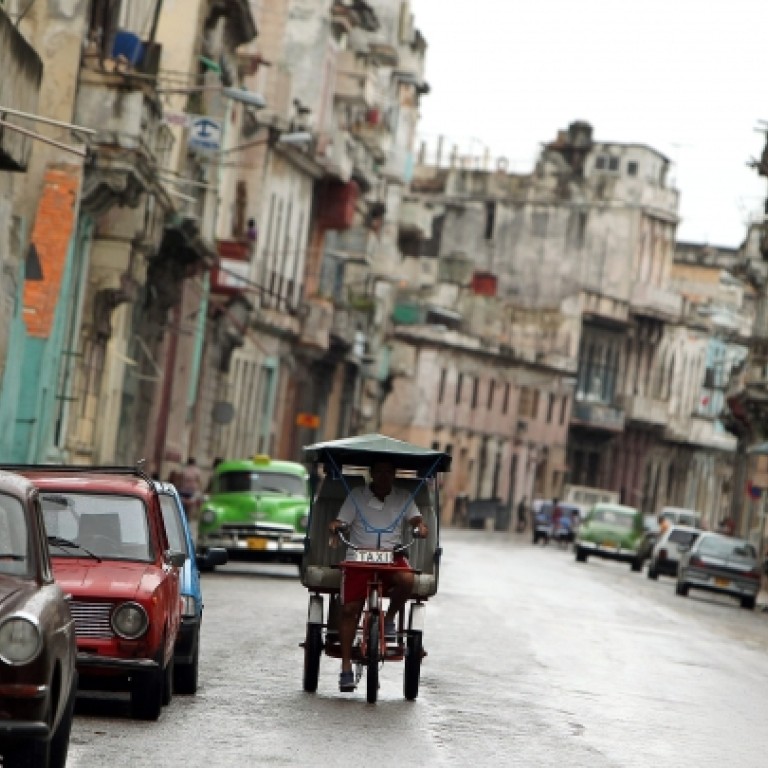
Cuba economy czar: Reforms entering critical phase
Top economic official says next 18 months will be the “most complex” part of President Raul Castro’s reform program
Communist-led Cuba’s experiment with limited capitalism is entering a crucial and transformative phase this year with the decentralization of bloated state-run businesses, the island’s economic czar said Tuesday.
Marino Murillo said the goal is to improve efficiency of those businesses and let the successful ones keep more of their profits.
Murillo said the next 18 months will be the “most complex” part of President Raul Castro’s reform program, which has already seen limited openings to private entrepreneurship and a relaxation of many social restrictions.
“The first stage of the reforms has so far, fundamentally, been the elimination of prohibitions in society,” Murillo said in just his second face-to-face encounter with foreign journalists since he rose to prominence three years ago.
“During what remains of the year this year and next year, we will work on ... the most profound transformations,” he added.
Castro’s economic and social reforms, which began in 2010, aim to resuscitate a flagging economy with a smattering of free-market principles, though officials insist that a wholesale embrace of capitalism is not planned.
After five decades of a state-dominated economy, hundreds of thousands of people have legally gone into business for themselves, private farmers are cultivating land with the government’s blessing and dozens of independent nonagricultural cooperatives were launched recently under a pilot program.
Authorities have also approved home and used car sales, eased travel restrictions and established mortgages and small-business credits.
Outside analysts have questioned the scope and pace of the reforms, saying so far they have been insufficient to turn around the economy and attract foreign investment. In a speech over the weekend, Castro himself acknowledged that most Cubans have yet to feel the benefits of a slowly growing economy.
Murillo did not give many details about the next stage of the reforms, such as which companies will be decentralized and what will happen to those that fail. An effort to give more autonomy to the sugar industry last year that included new leadership and a restructuring of the once-powerful Sugar Ministry has yet to result in improved harvests.
Murillo said the changes contemplated over the coming months include letting state enterprises keep up to 50 per cent of revenue to reinvest. Currently all earnings go to the government, which controls all spending and distributes resources to successful and failing enterprises alike.
“We must remove all impediments that put the brakes on possibilities,” Murillo said.
He acknowledged the island must attract more foreign investment, but insisted that Cuba will do so on its own terms and will not accept business proposals that don’t contribute to the island in the way of technology, financing or employment.
While some economists have argued that Cuba is in desperate need of an injection of capital, Murillo insisted foreign investment is merely “a complement” to the country’s plan for economic development.
Cuba does not have access to international capital markets, and US economic sanctions in place since the 1960s freeze it out of some potential lending sources.
However, the country has grown closer to countries such as China and Venezuela and has received soft credits particularly from the latter, which supplies enough oil to meet half of the island’s consumption at highly preferential terms.
